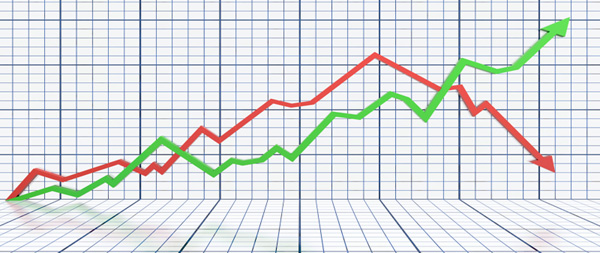- Apply NowLoan ProgramsNewsCustomer ResourcesTestimonialsNewFED CaresContactNavigation
-
Home
-
About
-
» Meet Nicholas Vitale
-
» Meet The NewFed Team
-
» Realtor Directory
-
» Why Choose Us
-
» NewFED on TV & Radio
-
» NewFED Podcasts
-
» Careers
-
Apply Now
-
» Short Application
-
Loan Programs
-
» Fixed Rate Loan
-
» Adjustable Rate Loan
-
» MassHousing Loan
-
» Refinance / Choose Your Term
-
» Federal Housing Administration
-
» Homes For Heroes
-
» USDA Loans
-
» FHA 203(K) Loans
-
» Jumbo Loans
-
» Reverse Mortgage
-
» Veterans Administration (VA)
-
» Portfolio Loan
-
News
-
Customer Resources
-
» NewFed Insurance
-
» Home Buyers Guide
-
» Homebuyer Education
-
» FAQ
-
» Glossary
-
» Go Solar
-
Testimonials
-
NewFED Cares
-
Contact
Outlook On Interest Rates
April 29, 2015
Mortgage rates have been at historical lows since 2008, following the recession brought on by the financial crisis. The consensus among leading eonomists is that they will rise at some point in the near future, and it is just a matter of how much and when.
Mortgage rates are determined by several factors tied to the economy, debt markets and Federal Reserve policy.
Simply put, interest rates on fixed-rate mortgages are linked to Treasury bond rates. Treasury bonds are issued by the U.S. Treasury Department to pay for debt. For example, the rate on 30-year fixed-rate mortgages, is usually tied to the yield on 10-year Treasury bonds. Yield is the rate of return denoted as a percentage. When the yield goes up or down so do interest rates.
Further, rates on adjustable rate mortgages (ARMs), are linked to the Federal funds rate (known as the Fed Funds rate) which is the interest rate at which a depository institution lends funds maintained at the Federal Reserve to another depository institution overnight. The federal funds rate is generally only applicable to the most creditworthy institutions when they borrow and lend overnight funds to each other.
When the economy is not doing well, the Federal Reserve keeps interest rates low to encourage borrowing and stimulate spending among consumers. Because of the collapse in the housing market and its ripple affect through the economy, rates have remained at historical lows. The Fed has done this through a practice called “quantitative easing”.
What does all this mean and how does it affect my home purchase or refinance?
Well, with the economy steadily improving, the quantitative easing program has ended and interest rate hikes will be coming soon.
Except for another financial or housing market crisis it’s expected interest rates to rise in the last half of 2015. If they do increase for example to the 5% range, it will still be relatively modest when compared to historical averages. Rates would still be considerably below the roughly 8.5% 30-year fixed-rate, which is the average since 1971 when Freddie Mac began tracking them. Rates averaged 6% in the years leading up to the recession.
There’s no better time to buy or refinance your home. Contact us now to get more information and to learn how our dedicated and knowledgeable loan officers can help you realize your dream, lower your monthly payment, get cash or whatever your financial need may be.
NewFED™ Mortgage - Mortgages For Every Stage Of Your Life
Address
98 High Street
Danvers, MA 01923
(877) 639-3331
info@newfed.comMLO License Info
NMLS #1881
CT Lender License # ML-1881; FL License No. MLD652; IL Mortgage Lender MB.6761394; MA Mortgage Lender License MC1881, MD Lender License # 23542; Maine Lender License #SLM8185; NH License # 9474-MB, NJ Residential Mortgage Lender License, N.J. Department of Banking and Insurance, Phone # 866-814-9260; PA Lender License #69370, RI License No. 20041817LL - NewFed™ Mortgage is an Equal Housing Lender. Member of the MA Mortgage Bankers Association and Better Business Bureau of Eastern MA

Quick Links
- New FED Mortgage Corp. congratulates Julie Long for ranking as a Scotsman Guide 2019 Top Originator
- New FED Mortgage Corp. congratulates Michael Bornstein for ranking as a Scotsman Guide 2019 Top Originator
- New Fed Mortgage Receives Full Designation As A Fannie Mae Mortgage Seller/Servicer Lender
- Susan O’Meara joins New Fed Mortgage as Assistant Vice President
- Patty O'Meara joins New Fed Mortgage as Regional VP of Operations
Site Design By Allen Roche Group | All Rights Reserved 2025


We welcome your comments